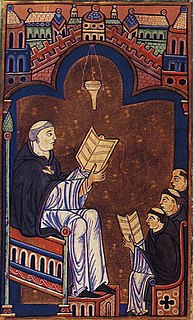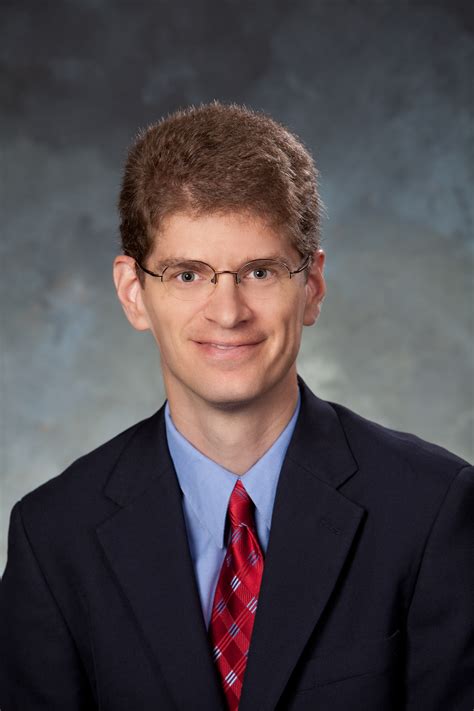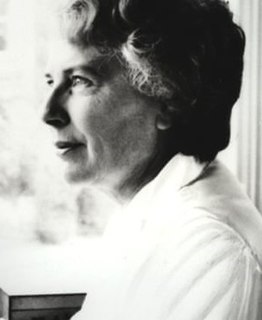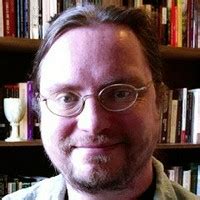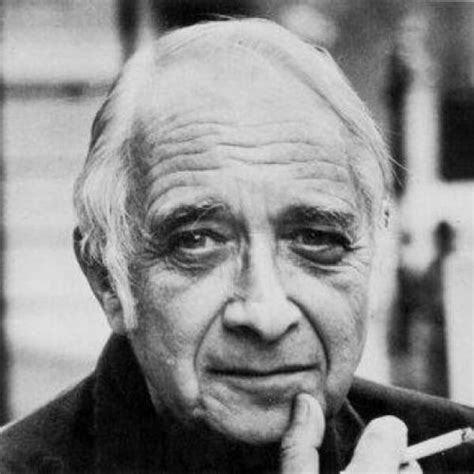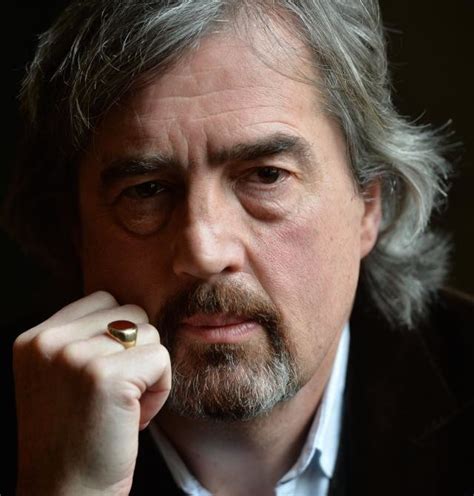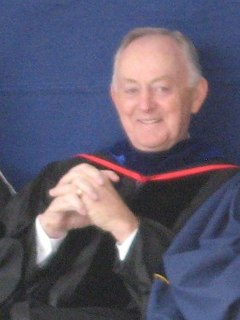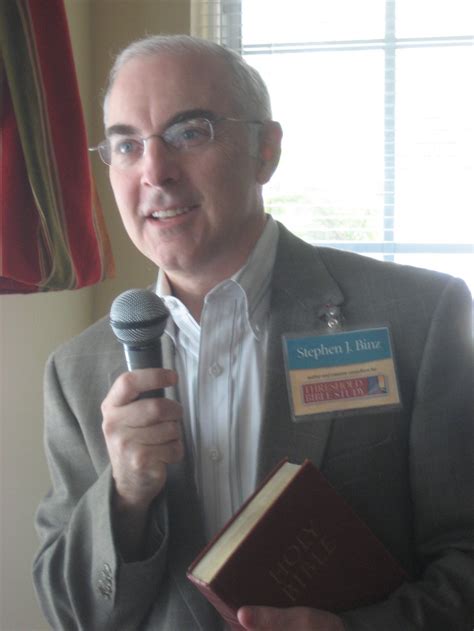A Quote by Desiderius Erasmus
Sacred scripture is of course the basic authority for everything; yet I sometimes run across ancient sayings or pagan writings - even the poets - so purely and reverently and admirably expressed that I can't help believing the author's hearts were moved by some divine power. And perhaps the spirit of Christ is more widespread than we understand, and the company of the saints includes many not on our calendar.
Quote Topics
Related Quotes
It would be worthy of the age to print together the collected Scriptures or Sacred Writings of the several nations, the Chinese, the Hindoos, the Persians, the Hebrews, and others, as the Scripture of mankind. The New Testament is still, perhaps, too much on the lips and in the hearts of men to be called a Scripture in this sense. Such a juxtaposition and comparison might help to liberalize the faith of men.... This would be the Bible, or Book of Books, which let the missionaries carry to the uttermost parts of the earth.
The Ancient Romans did not regard acts of genius to emanate from within an individual - but rather saw it as a collaboration between a spirit of creativity and a human being. So it could be that sometimes an individual had that power, that divine inspiration, or other times not. The spirit might have moved on to some other lucky soul.
How do we allow God into our minds, bodies, relationships, and life? We stop squeezing the divine out through our preconceived notions of what is sacred and what is profane. When we assume the mind-set that everything is ultimately divine, though sometimes more disguised than others, then we can see that all of our thoughts, impulses, and desires arise from and can bring us back to awareness of the sacred.
Moral theory develops from the divine command theory of medieval Christian philosophy, mixed up with a bit of ancient pagan virtue theory, to the purely secular moral sentiment and interpersonal reaction theories of Smith and Hume, to Kant's attempt to restore command theory but with something supersensible in the individual rather than God as the source of authority.
In ancient times before the divine sojourn of the Savior took place, even to the saints death was terrible; all wept for the dead as though they perished. But now that the Savior has raised his body, death is no longer terrible; for all who believe in Christ trample on it as it were nothing and choose rather to die than deny their faith in Christ. And that devil that once maliciously exulted in death, now that its pains were loosed, remained the only one truly dead.
There are such people, unfortunates who have to be angry before they can feel alive. I had sometimes wondered if it were some old relic of pagan superstition, the fear of risking the jealousy and anger of the gods, that made such people afraid of even small happinesses. Or perhaps it was only that tragedy is more self-important than laughter.
Complex astronomical instruments like the Antikythera Mechanism and the Nebra Sky Disk were made by Pagans. Our Pagan intellectual heritage includes poets and scientists and literary intellectuals of every kind, especially including those who wrote some of the most important and influential books in all of Western history.
Whatever was in the human nature of Christ was moved at the bidding of the divine will; yet it does not follow that in Christ there was no movement of the will proper to human nature, for the good wills of other saints are moved by God's will... For although the will cannot be inwardly moved by any creature, yet it can be moved inwardly by God.
Science remains the author of our major problem, in its gift of tremendous power that has been terribly abused; but for the wise use of this power we need more, not less, of the objective dispassionate scientific spirit. For our philosophical purposes we need more of its integrity and its basic humility, its respect at once for the fact and the mystery.
So we see, brethren and sisters that the words of Christ can be a personal Liahona for each of us, showing us the way. Let us now be slothful because of the easiness of the way. Let us in faith take the words of Christ into our minds and into our hearts as they are recorded in sacred scripture and as they are uttered by living prophets, seers, and revelators. Let us with faith and diligence feast upon the words of Christ, for the words of Christ will be our spiritual Liahona telling us all things what we should do.
The holy men and women, whose lives are told throughout this book, witness to the fact that the word of God is alive and has the power to transform us. By discovering these saints, readers will learn how to embody Scripture, letting it enlarge their hearts and mold their lives into the image of Christ.


